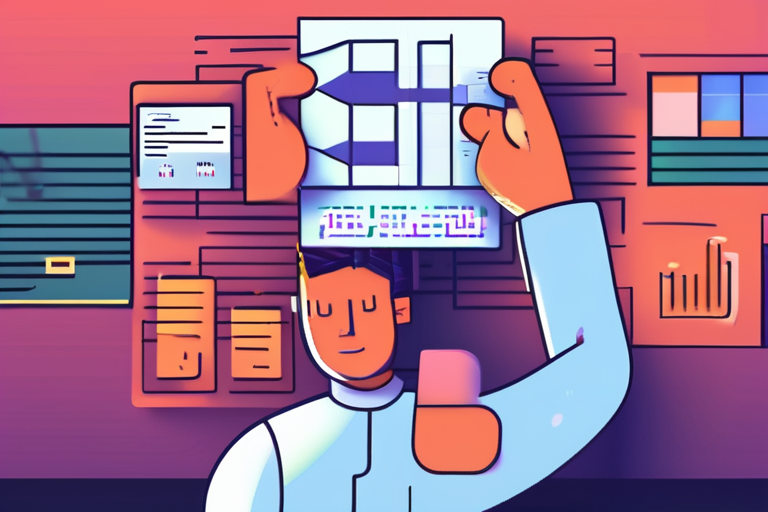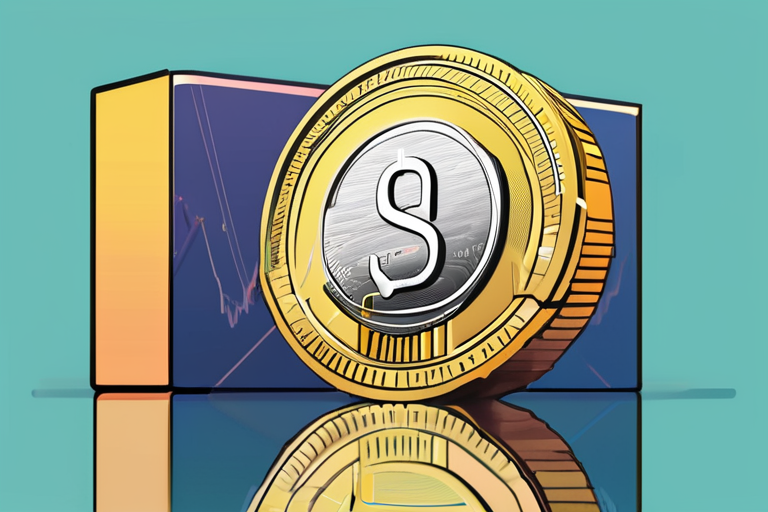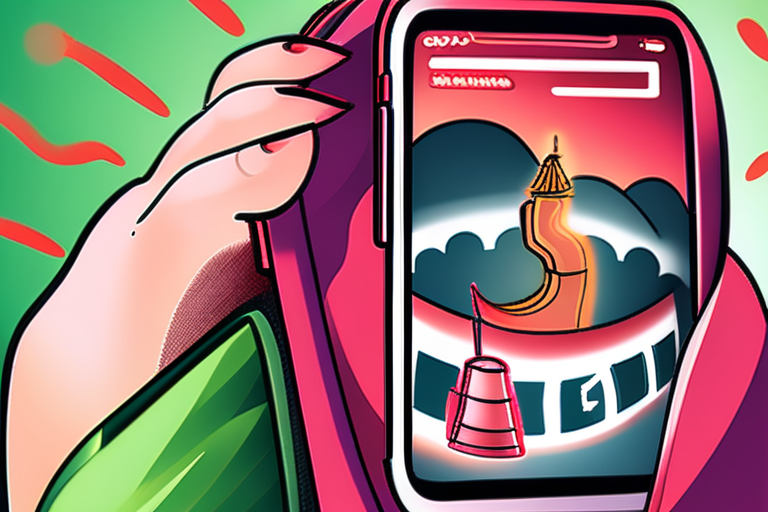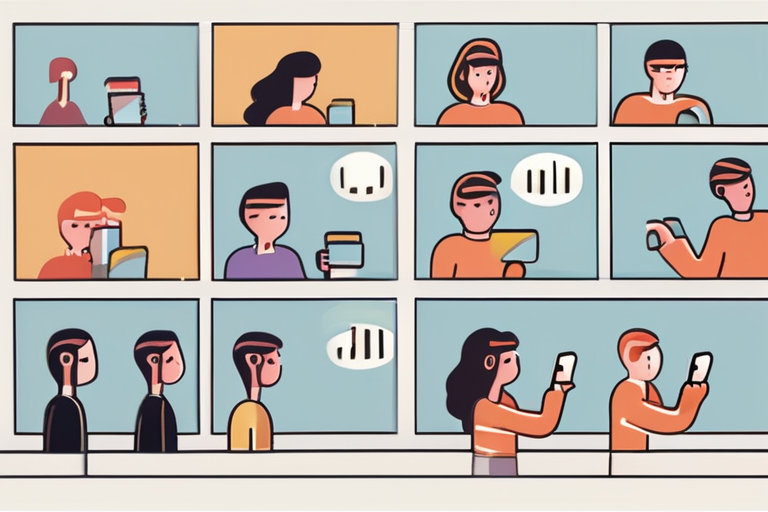OpenAI Pivots to Vibe Coding, Teases Maturity of ChatGPT Experiences


Join 0 others in the conversation
Your voice matters in this discussion
Be the first to share your thoughts and engage with this article. Your perspective matters!
Discover articles from our community

 Hoppi
Hoppi

 Hoppi
Hoppi

 Hoppi
Hoppi

 Hoppi
Hoppi

 Hoppi
Hoppi

 Hoppi
Hoppi

Aleo and Paxos Labs Launch Privacy-Focused Digital Dollar Stablecoin Paxos Labs and the Aleo Network Foundation have launched a new …

Hoppi

Apple iPhone 17 Pro vs. iPhone 16 Pro: A Comparison Reveals Key Differences In a recent comparison test, the Apple …

Hoppi

OpenAI Unveils Ambitious Plan to Build 5 Giant U.S. Datacenters, Challenging Meta and Microsoft in AI Arms Race In a …

Hoppi

The Unlikely Rise of Bari Weiss: How a Vocal Critic of Legacy Media Became CBS News' New Editor-in-Chief In a …

Hoppi

Russia Targets WhatsApp, Pushes New 'Super-App' as Internet Blackouts Grow In a move that has left millions of Russians struggling …

Hoppi

The Art of Capturing Conversations: How to Record a Phone Call on Your iPhone In the bustling streets of Tokyo, …

Hoppi